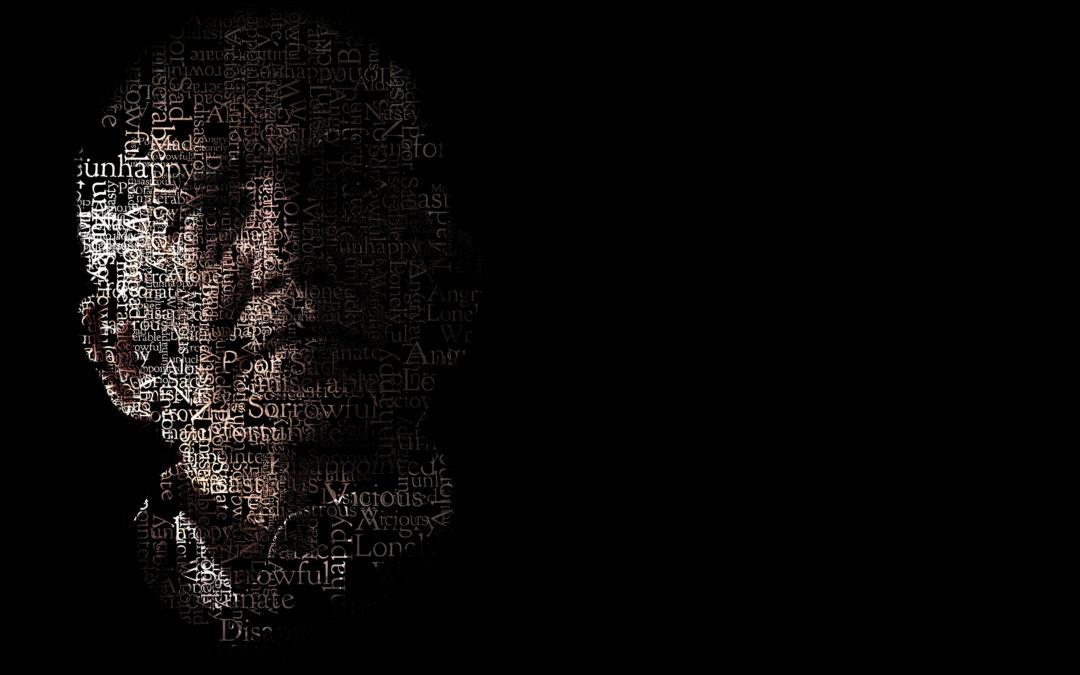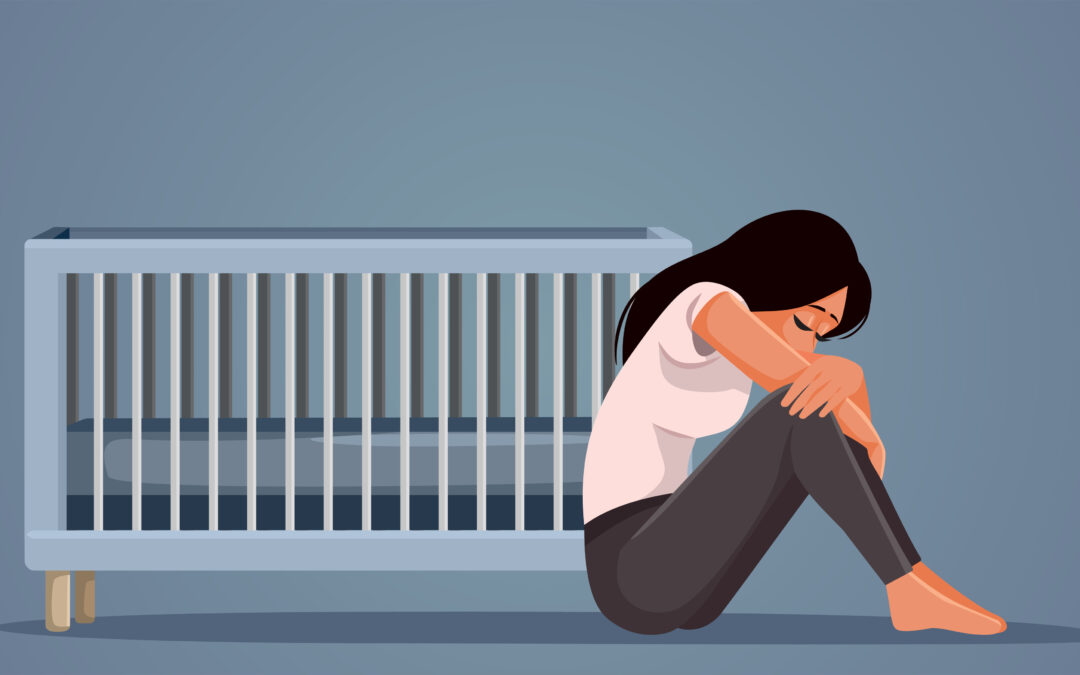Grief and loss, whether person or place or part of self, are inevitable. Every one of us will lose someone or something, and every one of us will need to be cared for through it; yet, our culture has no shared language for loss. Grief is a collective experience that feels isolating and lonely.
In her book It’s OK That You’re Not OK, therapist and widow Megan Devine speaks to the complexities of grief from both her professional and personal experiences.
The narrative about grief in our culture is one of stages. Elisabeth Kubler-Ross, a Swiss-American psychiatrist, devoted her career to studying death and loss. She pioneered the theory we have of the five stages of grief; Denial, Anger, Bargaining, Depression, and Acceptance. Kubler-Ross later discussed that these stages were never meant to be understood as linear; however, the culture we exist in has a present-day expectation of a speedy recovery after loss.
Let’s pause and take a look at grief. Devine writes, “Recovery inside grief is entirely about finding those ways to stay true to yourself, to honor who you are, and what has come before, while living the days and years that remain.”
Grief is not pathology and it is not something to “Get Better Soon!” from. However you feel your grief is the correct way because it is a normal and healthy reaction to a permanent change that you did not ask for. What this means is we are tasked with rebuilding around loss, not “getting over.”
Let’s change the expectation of recovery. If you are grieving, approach yourself with compassion. Our natural inclination is to avoid and distract (brilliant, by the way, for those moments it hits you in line at the DMV and it isn’t a good time). In environments and with company you feel safe with, though, let it be messy and nonlinear. Loss itself is messy and nonlinear.
More words on grief –
- It’s OK That You’re Not OK, Megan Devine
- https://refugeingrief.com/
- A Slight Change of Plans podcast episode – Lessons from a Grief Therapist
- Video – How to Help a Grieving Friend, Megan Devine: https://youtu.be/l2zLCCRT-nE

What Grief Really Looks Like (Hint: It’s Not Just Sadness)
When most people think of grief, they picture someone crying quietly, looking somber, maybe withdrawing from friends and family. While those things can be part of grief, the full picture is much more complex—and deeply personal. The truth is: grief doesn’t follow a...

Managing Depression alongside Chronic Illness
If you’re reading this, chances are you or someone you care about is dealing with the challenges of chronic illness or disability, which can often trigger feelings of depression. Today, we’re going to dive into some strategies for navigating this journey with...

Mindfulness Mastery: Your Ultimate Weapon Against Depression
Depression can feel like a heavy cloud hanging over your life, making it difficult to find joy or motivation. While therapy and medication are valuable tools in treating depression, incorporating mindfulness skills into your daily routine can offer additional support...

How to Help a Loved One Process a Miscarriage
Experiencing a miscarriage can be an incredibly challenging and emotionally overwhelming time for individuals and couples. In this blog post, I will outline four ways you might help someone process their miscarriage. Remember, every person's experience is unique, so...

Seasonal Depression and The PNW Rainy Season
What is SAD? Seasonal Affective Disorder (SAD), often called seasonal depression, is estimated to affect roughly 5% of the population at any given time. Although it can occur with any seasonal change, the predominant timeframe is depressive symptoms starting with a...

